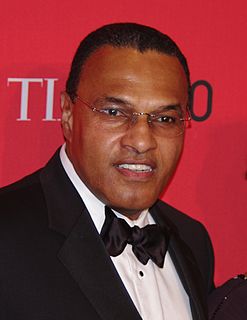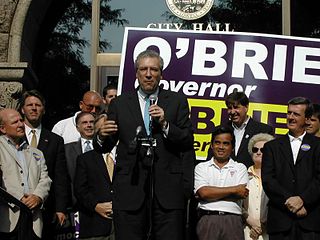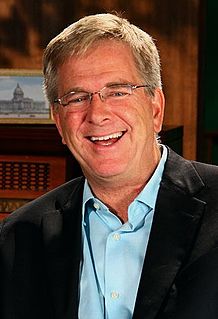A Quote by Ned Lamont
Increasing postsecondary enrollment and success, particularly among first-generation, low-income, and minority students, is good for students and our state's economy.
Related Quotes
The loan crisis and the increasing slashing of funds for students, coupled with the astronomical rise in tuition, represent an unparalleled attack on the social state. The hidden agenda here is that when students graduate with such high debts, they rarely choose a career in public service; instead, they are forced to go into the corporate sector, and I see these conditions, in some ways, as being very calculated and as part of a larger political strategy to disempower students.
Like many others, I have deep misgivings about the state of education in the United States. Too many of our students fail to graduate from high school with the basic skills they will need to succeed in the 21st Century economy, much less prepared for the rigors of college and career. Although our top universities continue to rank among the best in the world, too few American students are pursuing degrees in science and technology. Compounding this problem is our failure to provide sufficient training for those already in the workforce.
Even in challenging economic times, making sure that study abroad is part of our college students' education is a vital investment. If we want a new generation of leaders and innovators who can be effective in an ever more globalized world, sending our students overseas is not a luxury. It's a necessity.
Public education for some time has been heavily focused on what curricula we believe will be helpful to students. Life-Enriching Education is based on the premise that the relationship between teachers and students, the relationships of students with one another, and the relationships of students to what they are learning are equally important in preparing students for the future.
The difference between our collective generation and your generation (differentiating the reporters from the students) is that we poured our souls out on paper that got easily yellowed and lost. The danger is that many of your friends (nodding at the students) are putting intimate ideas in cyberspace journals. So when today's 15-year-old is 40, some friend is going to drag out all of that idiotic stuff at their class reunion.

































